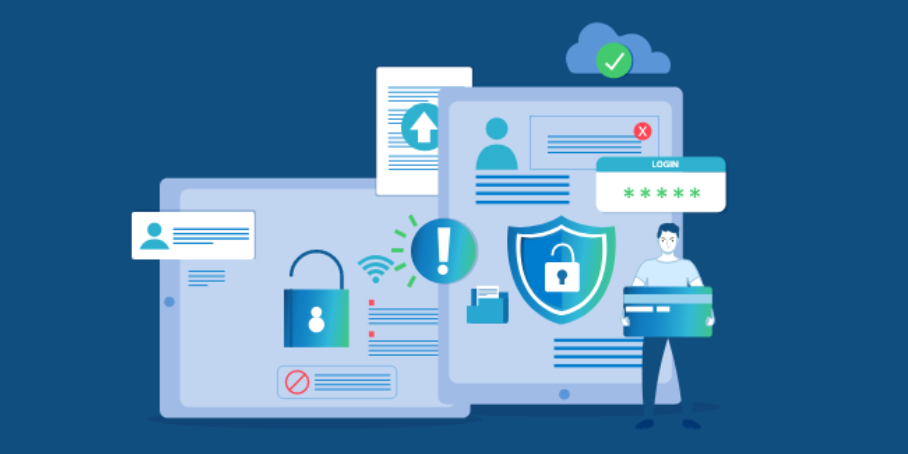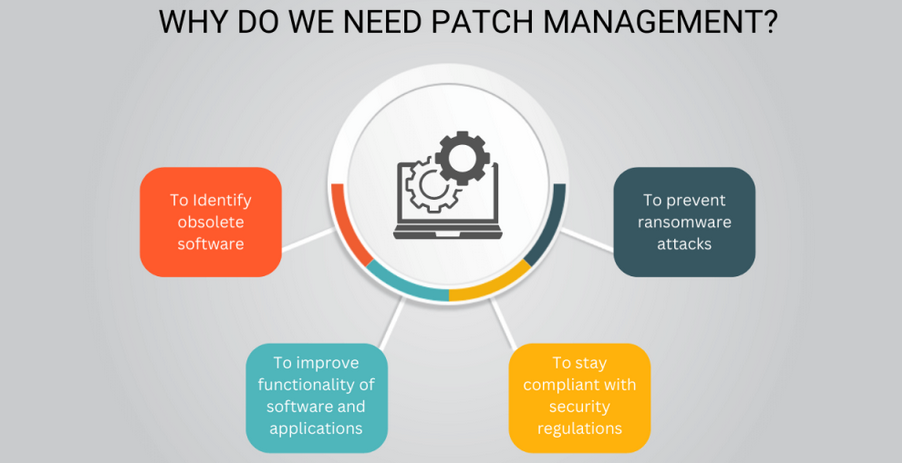Compliance and governance of cloud environments are continually evolving to meet the demands of an ever-changing technological landscape. Most advanced CSPM tools are getting equipped and will continue to do so to tackle new challenges in the cloud security domain. Here are some future trends that CSPM solutions are likely to leverage:
- Zero Trust framework integration: CSPM solutions will align closely with the Zero Trust security model, enabling continuous monitoring and verification of all users and devices accessing cloud resources. This will enhance security and compliance by implementing strict access controls and real-time risk assessments.
- Artificial intelligence (AI)-powered compliance: AI and machine learning (ML) will be increasingly used for automating compliance checks and risk assessments. AI can analyze vast amounts of data and identify compliance violations or security threats more efficiently than manual methods.
- Regulatory compliance automation: CSPM tools will become more adept at automating compliance checks specific to various regulations and standards. They will offer preconfigured compliance templates and workflows for standards such as GDPR, HIPAA, and more, making it easier for organizations to maintain compliance.
- Serverless and container security: As serverless computing and containerization become more prevalent in cloud environments, governance will need to address the unique security challenges these technologies present. Policies for secure container orchestration and serverless function execution will be crucial.
- Governance as Code (GaC): Similar to Infrastructure as Code (IaC), GaC will become popular for codifying governance policies and rules. This approach enables automated governance enforcement alongside infrastructure provisioning.
- Supply chain governance: There will be an increased focus on securing the entire cloud supply chain, from third-party services to software dependencies. Organizations will need to assess the security and compliance of every component in the supply chain.
- Contextual threat intelligence (TI): Advanced CSPM solutions will incorporate contextual TI, allowing organizations to assess compliance risks in the context of known and emerging threats. This will enhance proactive threat detection and remediation.
- Compliance reporting enhancements: Future CSPM tools will offer more advanced compliance reporting features, including customizable dashboards, trend analysis, and executive summaries. These features will make it easier for organizations to communicate compliance status to stakeholders.
- Blockchain-based audit trails: Some CSPM tools may explore blockchain technology to create immutable audit trails and logs. This can enhance the integrity and transparency of compliance records.
- Integration with DevOps pipelines: CSPM tools will seamlessly integrate with DevOps pipelines, allowing for automated security and compliance checks throughout the software development life cycle (SDLC). This DevSecOps approach will promote security and compliance by design.
- Collaborative workflows: CSPM tools will facilitate collaboration among security, compliance, and operations teams, streamlining workflows and fostering cross-functional communication.
These future trends represent the direction in which advanced CSPM tools are heading to meet the growing demands of cloud compliance and governance. Leveraging these trends, organizations can enhance their ability to secure cloud environments, maintain compliance, and effectively manage risk in an increasingly complex cloud landscape.



